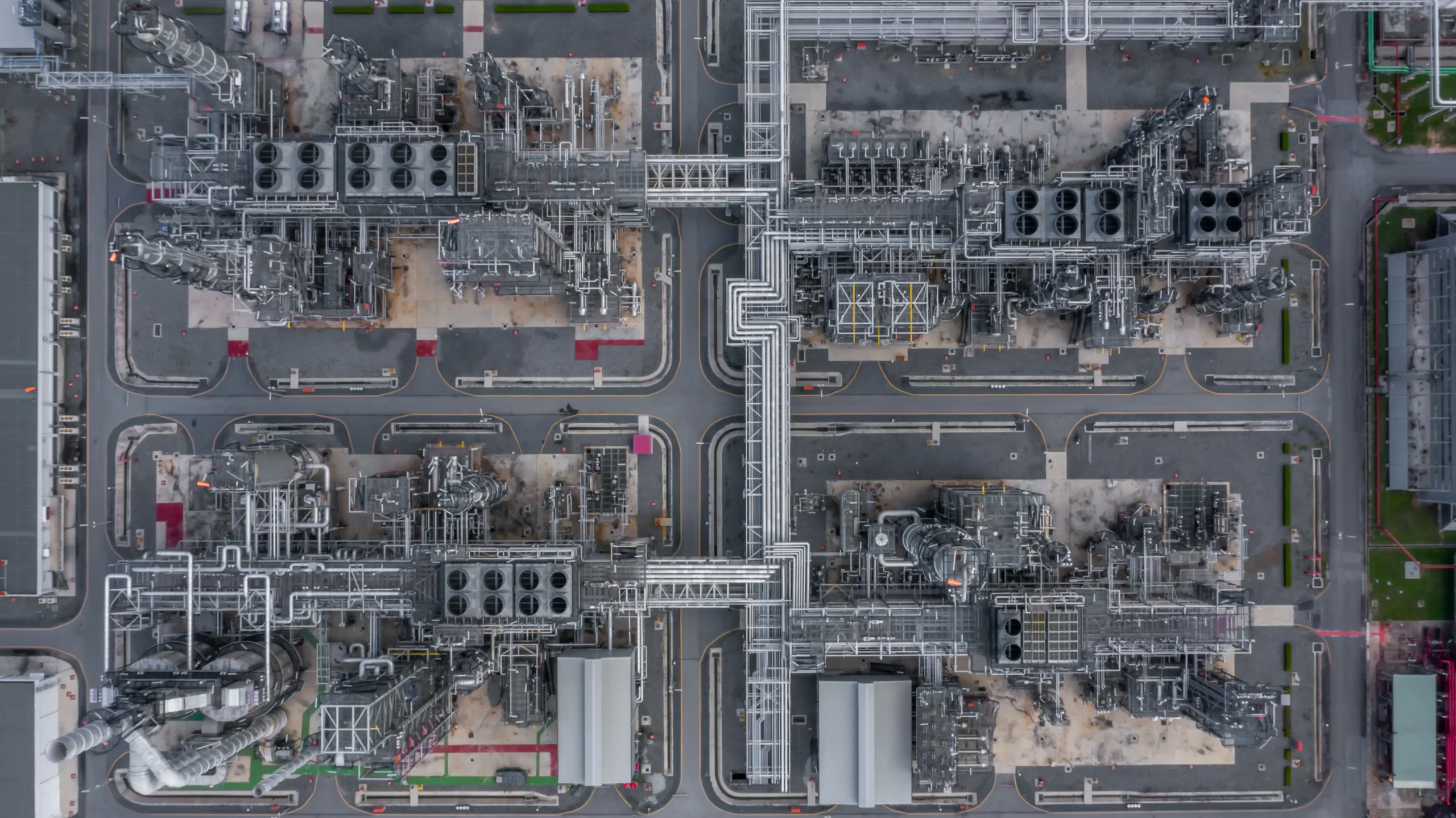1. Objective
The multiphase flow inside the Air cooled Heat Exchanger using CFD is done to observe the mal-distribution observed across the tube bundles in the heat exchanger. So main objective can be summarize as:
-
Use CFD Analysis to estimate the maldistribution in the t tube bundles.
-
Using CFD Analysis, determine the chances of flooding inside certain pipes due to maldistribution.
-
For the simulated maldistribution in bundle tubes, calculate the reduction in heat transfer accounting for maldistribution in flow across tube bundles.

2. Modeling & Analysis
The boundary conditions involves applications of flow characteristics at the inlet and outlet of the computational domain, fluid properties & estimation of initial conditions. As, the geometry of heat exchanger, fluid properties at inlet and boundary conditions can be determined with considerable certainty at design stage, the uncertainty in initial conditions must be addressed through CFD simulations to provide a realistic estimate of maldistribution across tube bundles. As it is difficult to estimate or determine the liquid droplet sizes at the entrance nozzle of the heat exchanger, which can have detrimental effect on maldistribution. We have considered 3 different size of the liquid droplets i.e., 50 microns, 100 microns & 1000 microns.

3. Outputs
-
Contour& Vector plot of velocity(in m/s) along the stationary header of the Air cooled heat exchanger.
-
Flow distribution inside the stationary header showing the formulation of recirculating zones inside the header, which will results in maldistribution.
-
Contour Static Pressure (in Pascal) along the Stationary header of the ‘Air cooled heat exchanger’.


